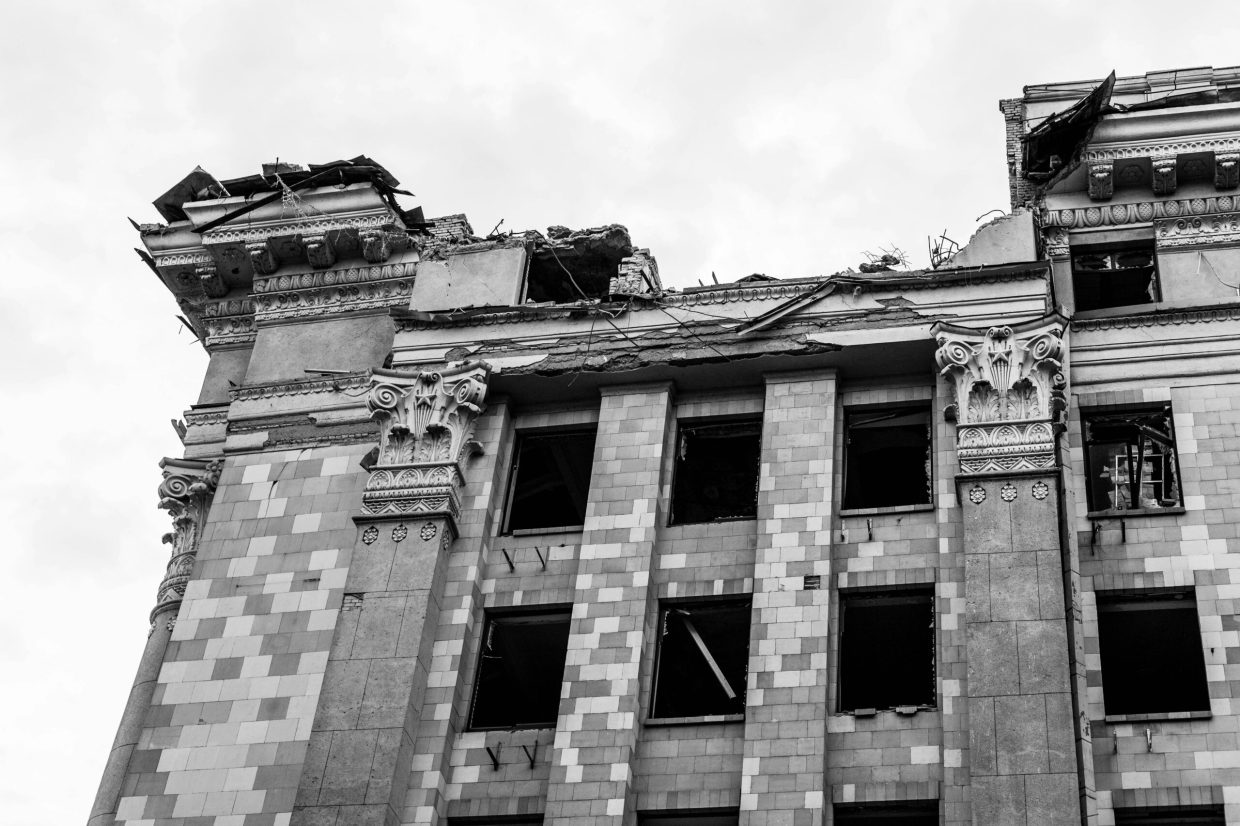The Russia-Ukraine war is more than just a conflict confined to two countries—it’s a seismic event that’s rippling across the globe in surprising ways. From shifting alliances and economic shocks to innovations in technology and humanitarian responses, this war is reshaping our world in real time. As we watch headlines unfold daily, it’s natural to wonder: how exactly is this conflict influencing the bigger picture of international relations, everyday lives, and the future we’re stepping into? Let’s dive in and explore the many layers of a war whose impact reaches far beyond the battlefield.
Table of Contents
- The Geopolitical Ripple Effects Redrawing Global Alliances
- Economic Shockwaves and Their Impact on Everyday Life
- The Humanitarian Crisis Unfolding Behind the Headlines
- How Individuals Can Support Peace and Stability from Afar
- Wrapping Up
The Geopolitical Ripple Effects Redrawing Global Alliances
The ongoing conflict has sent seismic waves through international relations, compelling nations to rethink their alliances and strategic priorities. Traditional partnerships built during the Cold War era are being tested, while new coalitions are emerging in response to shifting power balances. Governments are navigating a complex web of economic dependencies, defense commitments, and geopolitical interests — all while attempting to maintain sovereignty and influence on the global stage.
Key dynamics at play include:
- Heightened defense collaborations within NATO, as member states bolster their eastern flank security.
- Economic realignments, with countries diversifying trade partners to reduce vulnerability to sanctions and supply chain disruptions.
- Growing diplomatic engagements among non-aligned nations, striving to avoid entanglement in superpower rivalries.
- Acceleration of regional power ambitions, particularly in Asia and the Middle East, reshaping the geopolitical map beyond Europe.
Economic Shockwaves and Their Impact on Everyday Life
The ripples of the Russia-Ukraine conflict extend far beyond the battlefield, unsettling economic landscapes in ways that touch our daily routines. From soaring fuel prices to disrupted supply chains, the shockwaves send a stark reminder of how geopolitics can infiltrate the minutiae of everyday expenses. Consumers find themselves grappling with higher grocery bills as the cost of grains and fertilizers escalate, a direct consequence of halted exports and strained agricultural production. Meanwhile, energy markets remain volatile, prompting both households and businesses to rethink consumption patterns amid uncertainty.
These economic tremors are reshaping priorities, encouraging a shift towards sustainability and resilience. Families and companies alike are becoming more conscious of:
- Energy efficiency: Investing in alternative and renewable energy sources to hedge against fluctuating oil and gas prices.
- Local production: Supporting homegrown industries to reduce dependency on global supply chains that can be easily disrupted.
- Financial adaptability: Building emergency funds and diversifying income streams as a cushion against unpredictability.
These adaptive strategies not only mitigate immediate hardships but also signal a transformative shift in how everyday life is aligned with a rapidly shifting economic reality.
The Humanitarian Crisis Unfolding Behind the Headlines
Amidst the relentless conflict, millions of civilians find themselves trapped in a devastating cycle of displacement, scarcity, and uncertainty. Families are uprooted overnight, forced to abandon their homes with nothing but hope and memories. Humanitarian organizations struggle to provide essentials such as clean water, medicine, and shelter, often facing logistical nightmares and security risks. The ripple effects extend far beyond the frontlines, as neighboring countries grapple with a surge of refugees, stretching resources and social systems to their limits.
- Critical shortages of food and medical supplies in freshly isolated zones
- Interrupted education for thousands of children caught in conflict areas
- Psychological toll manifesting in trauma for displaced populations
- Heightened vulnerability of women and elderly left behind
These hidden stories reveal a world where survival hinges on resilience and solidarity. The international community’s response transcends politics, highlighting the profound interconnectedness of human suffering and cooperation. As the crisis unfolds, it challenges us to reevaluate our collective priorities—not just about conflict resolution but also about empathy and proactive support.
How Individuals Can Support Peace and Stability from Afar
In times of conflict, even those far from the front lines can play a pivotal role in fostering peace and stability. One powerful way to contribute is by staying informed and spreading accurate information. Misinformation often fuels fear and division, but by sharing verified news and thoughtful commentary, individuals help create a more empathetic and understanding global community. Engaging constructively in discussions on social media or within local groups can amplify voices calling for diplomacy and dialogue, rather than escalating hatred or polarizing narratives.
Another meaningful step involves tangible support through various humanitarian and advocacy efforts. This can be as simple as donating to reputable organizations that provide aid to affected civilians or refugees, or volunteering time to raise awareness and funds. Supporting initiatives that foster intercultural understanding, such as educational programs or virtual exchanges, also plants seeds for long-term peace by bridging gaps between communities divided by conflict. These small but collective actions wield immense power in reshaping the global response toward harmony and stability.
- Share verified news sources and fact-check before reposting
- Participate in or organize peaceful dialogues within your community
- Support NGOs providing relief and support to those affected
- Engage with educational projects that promote peacebuilding
Wrapping Up
As we continue to watch the Russia-Ukraine war unfold, its ripple effects remind us how interconnected our world truly is. From shifting alliances to economic upheavals and the redefinition of global security, this conflict is reshaping more than just borders—it’s reshaping our perspectives and priorities. What new patterns will emerge, and how will they influence our collective future? Staying curious and informed is key as we navigate these uncertain times together.













